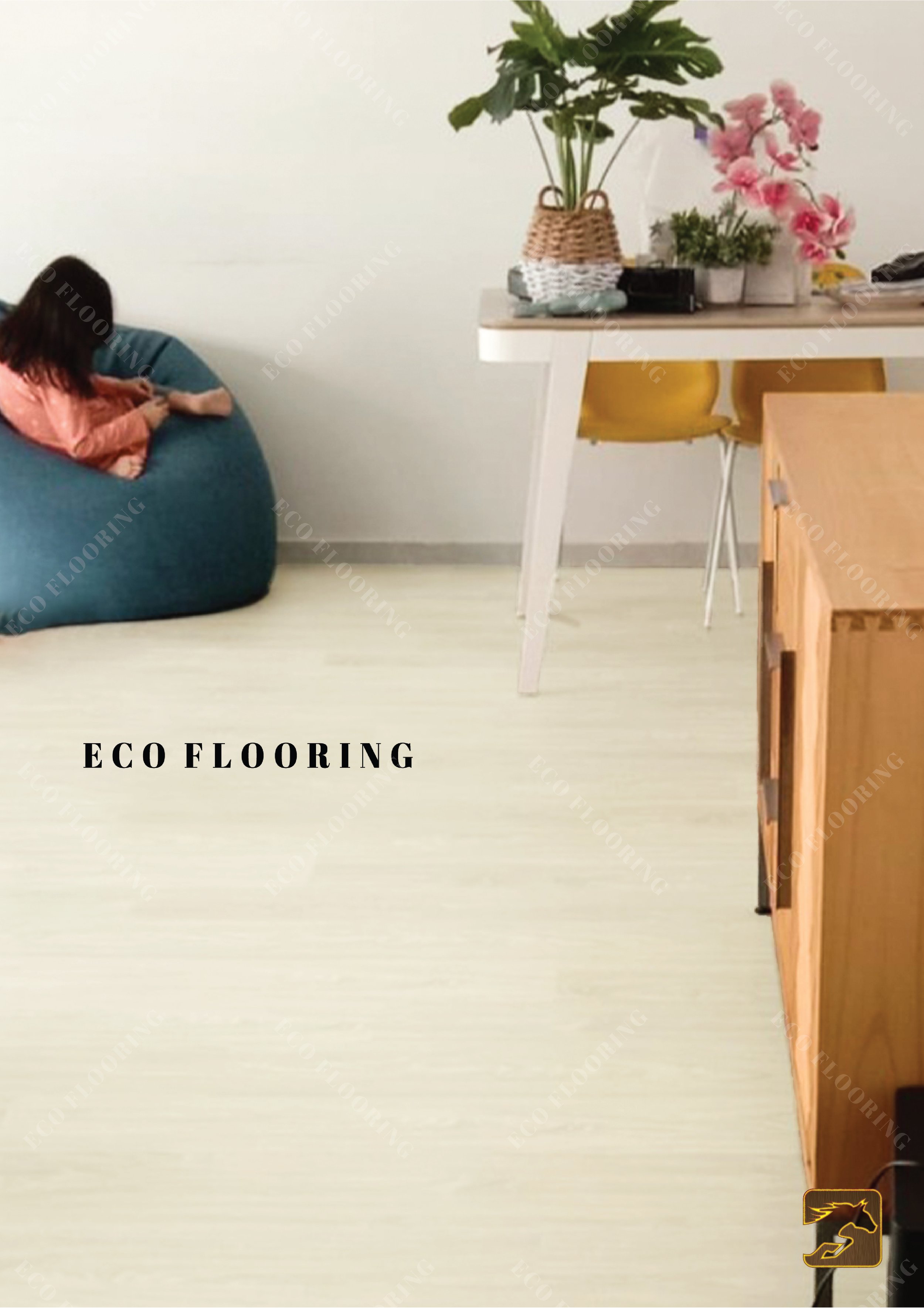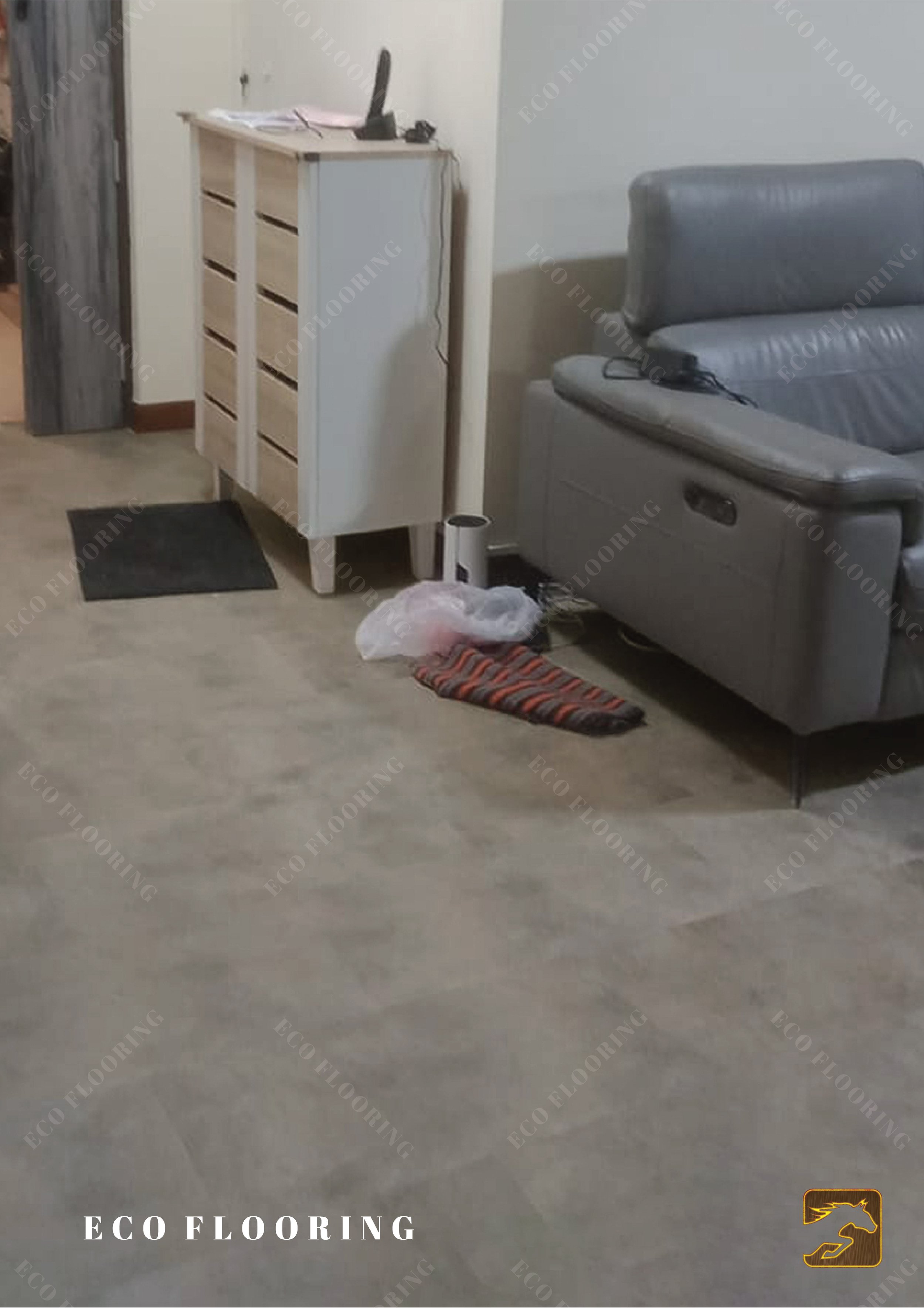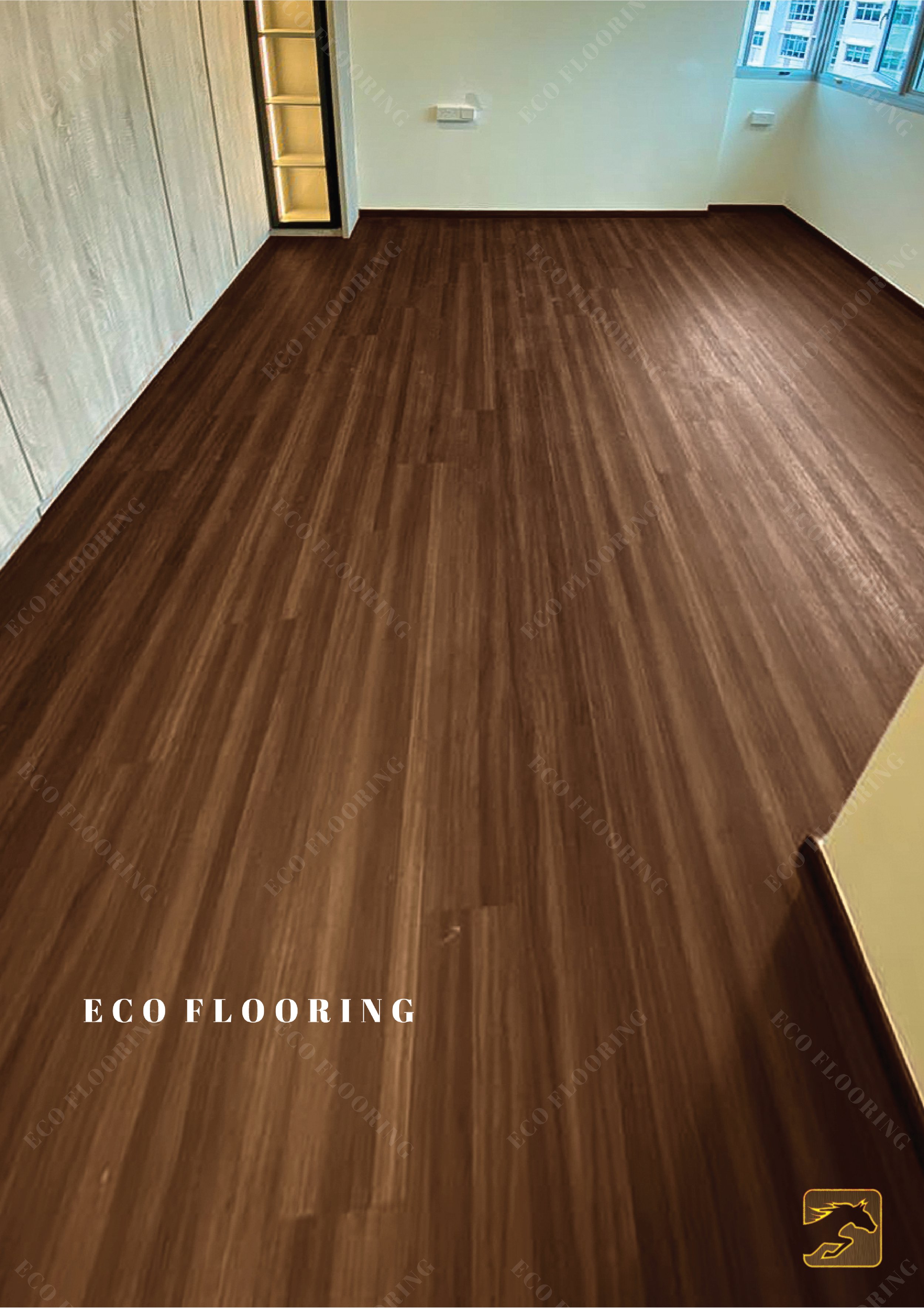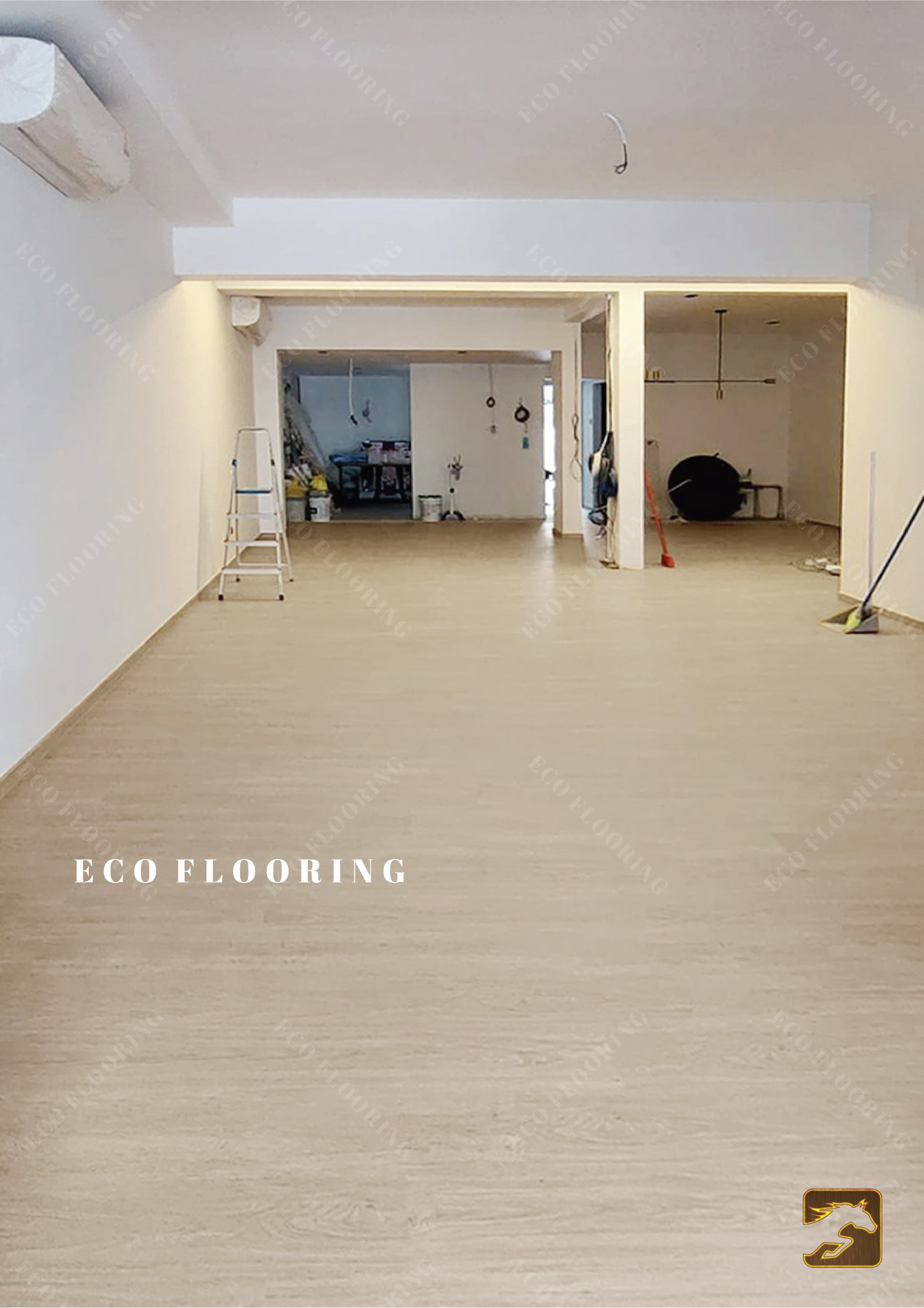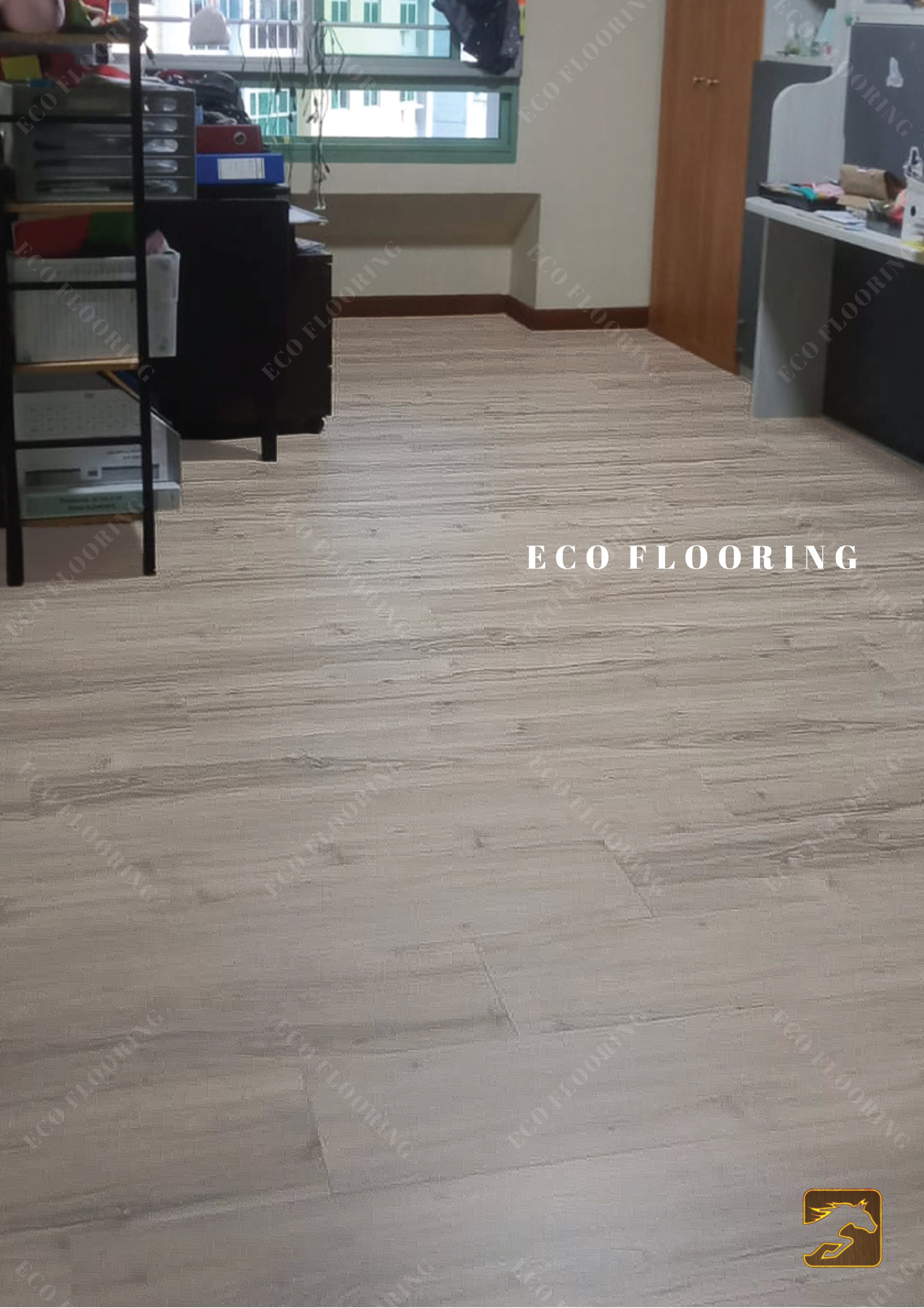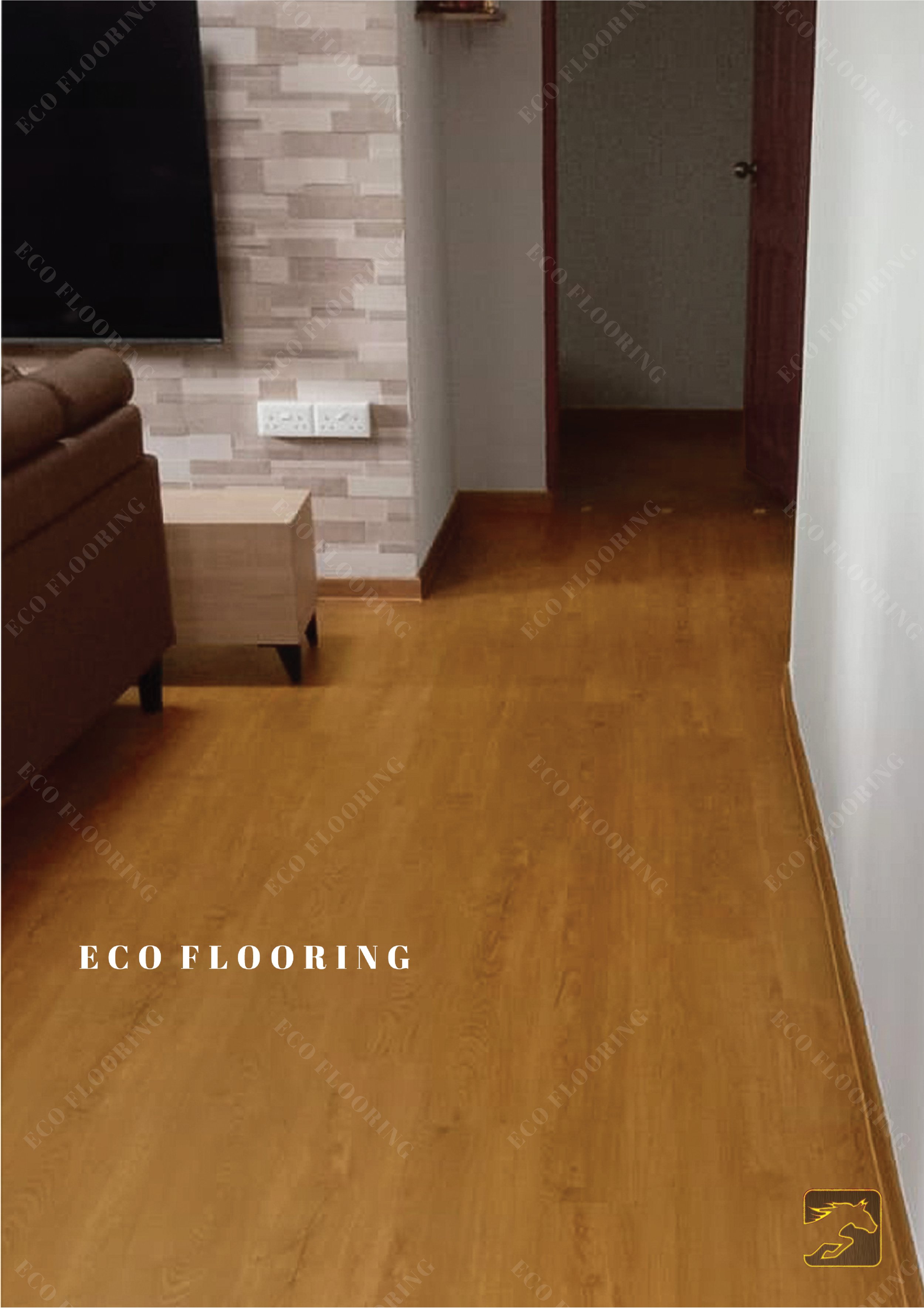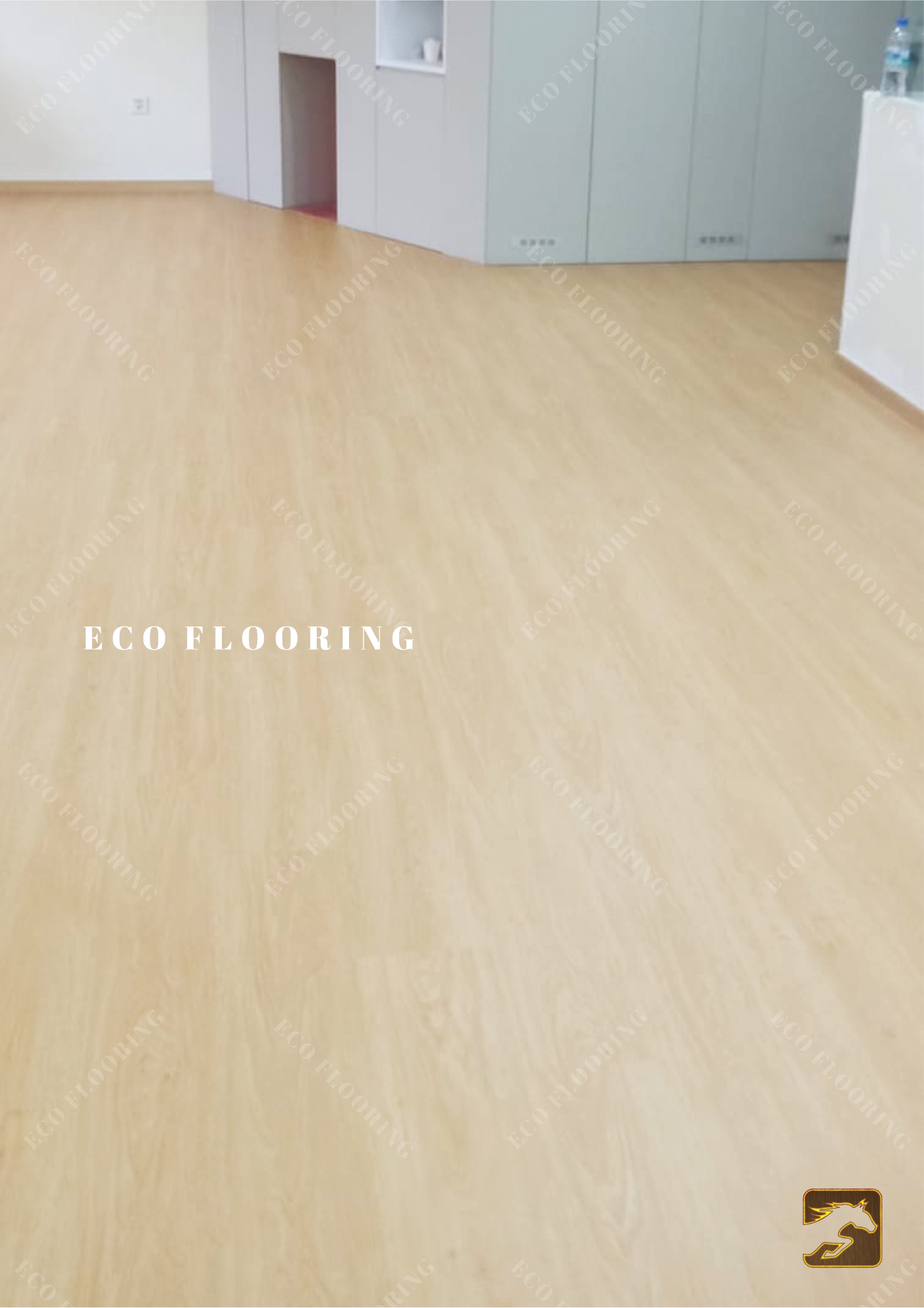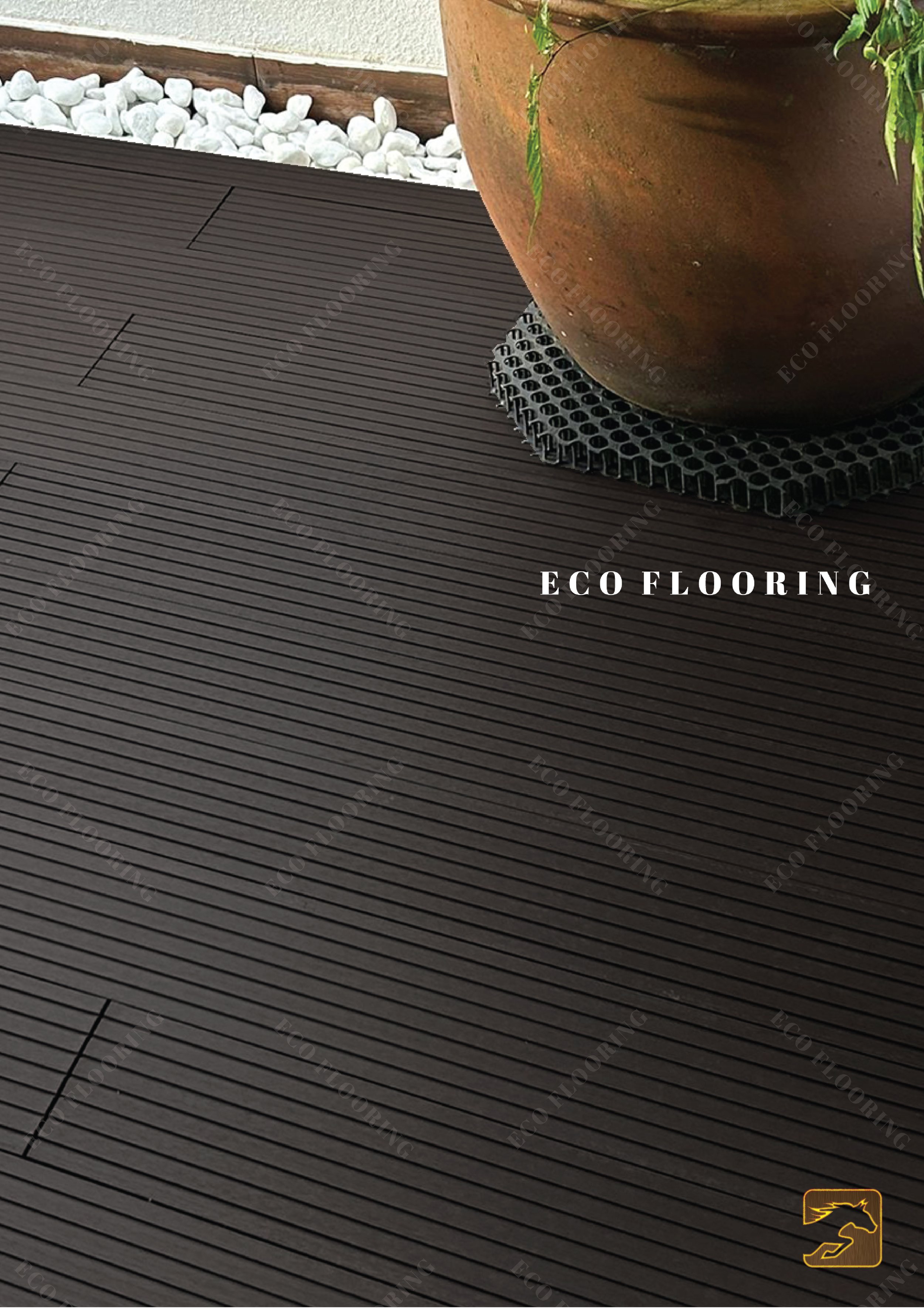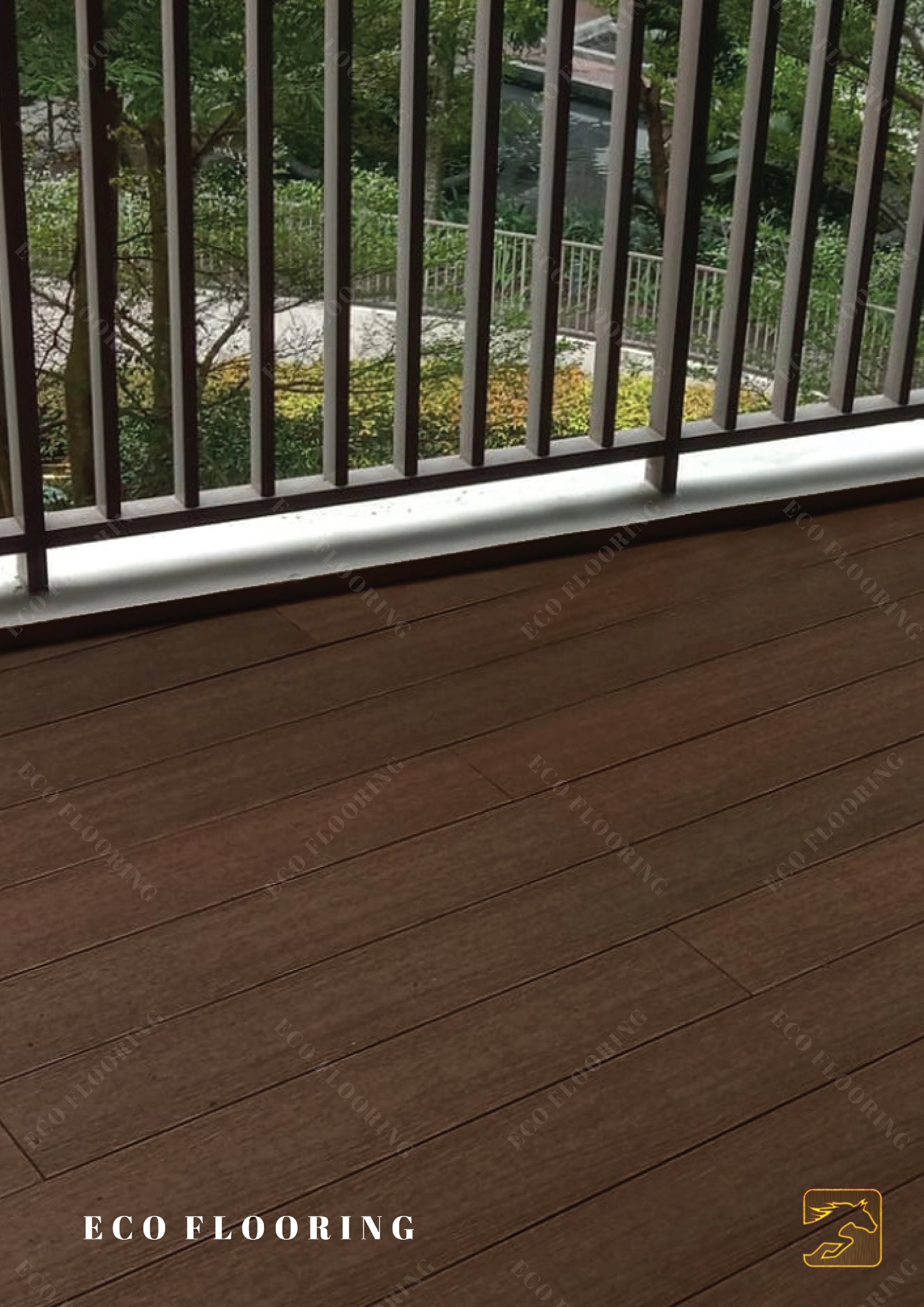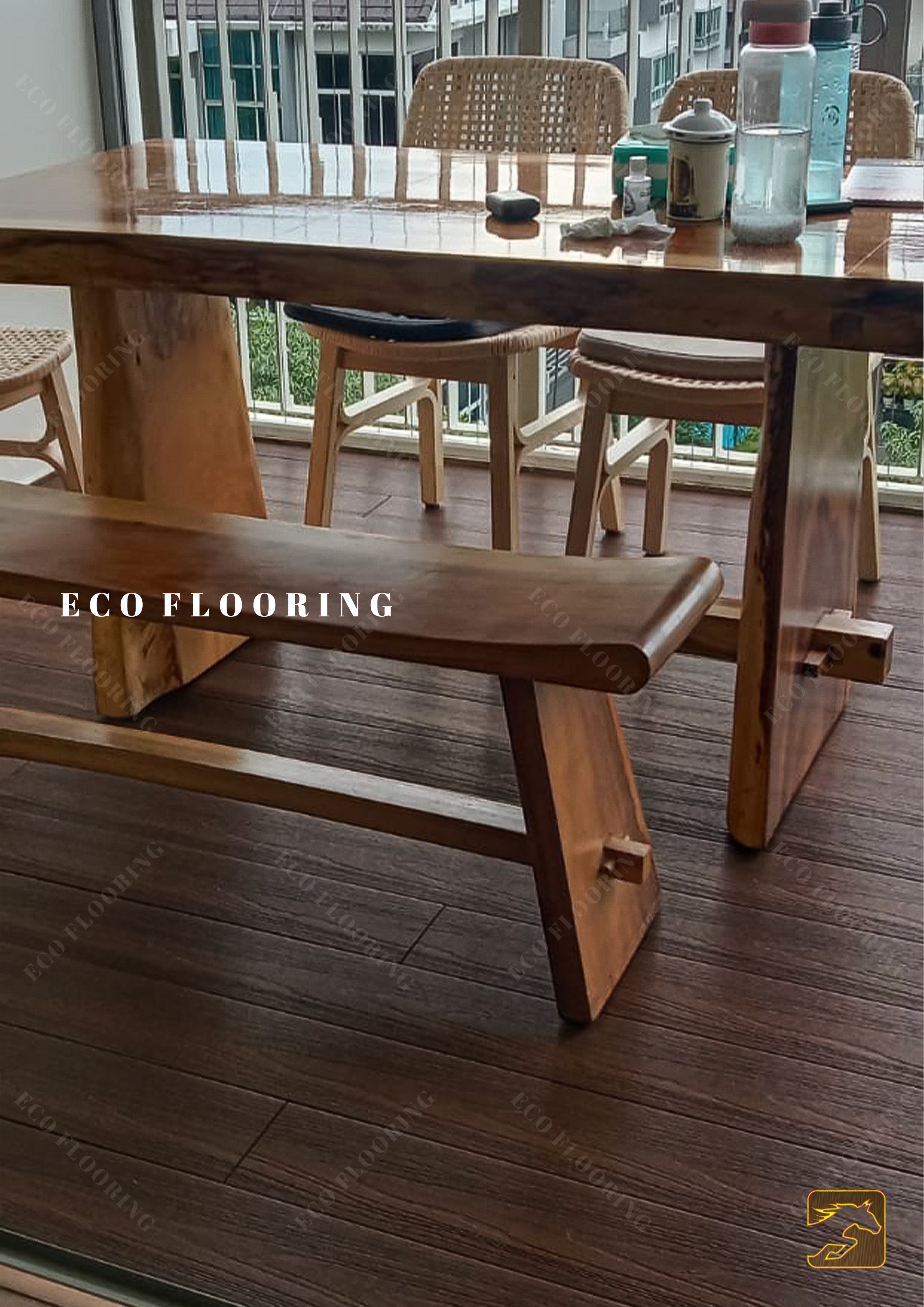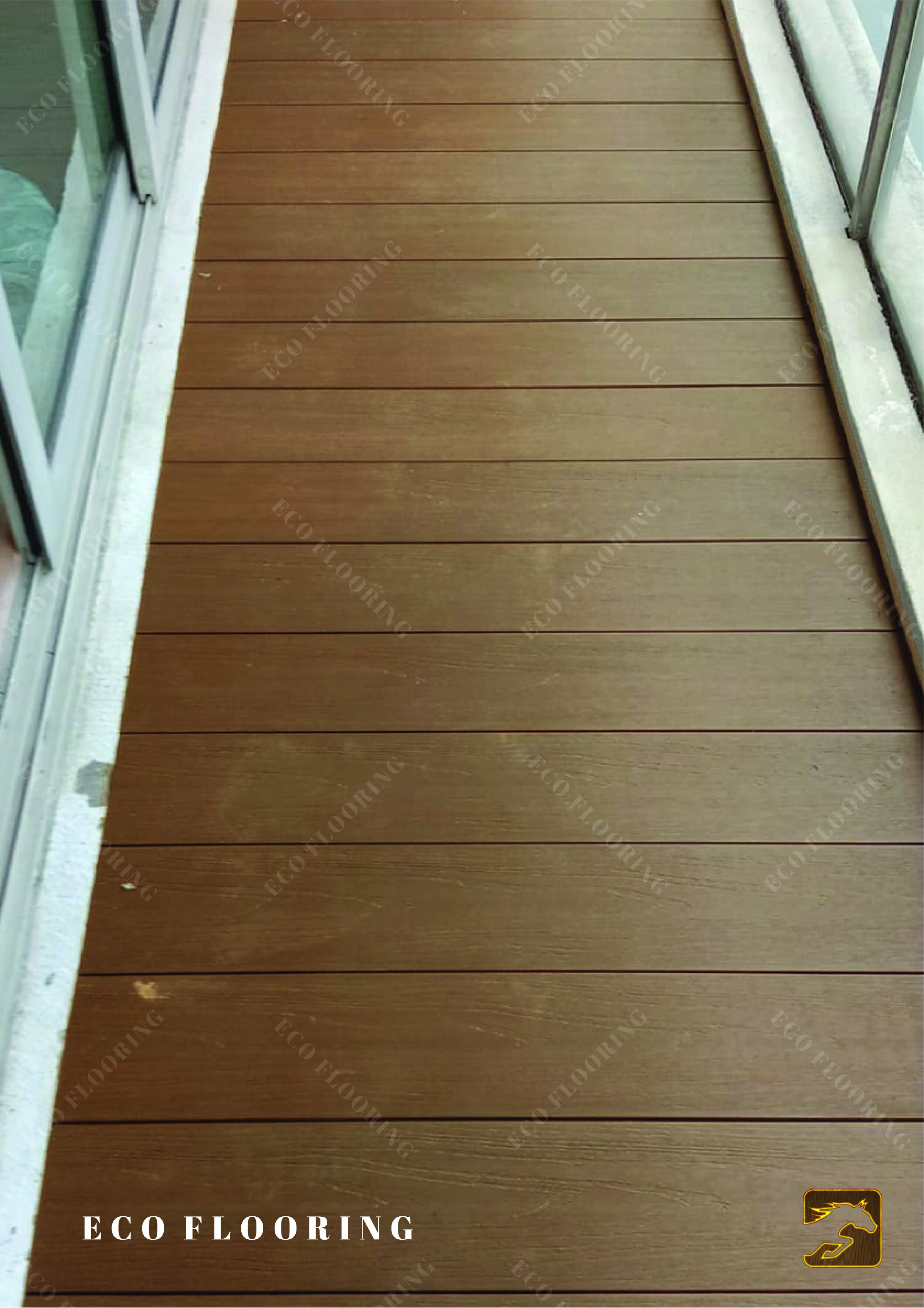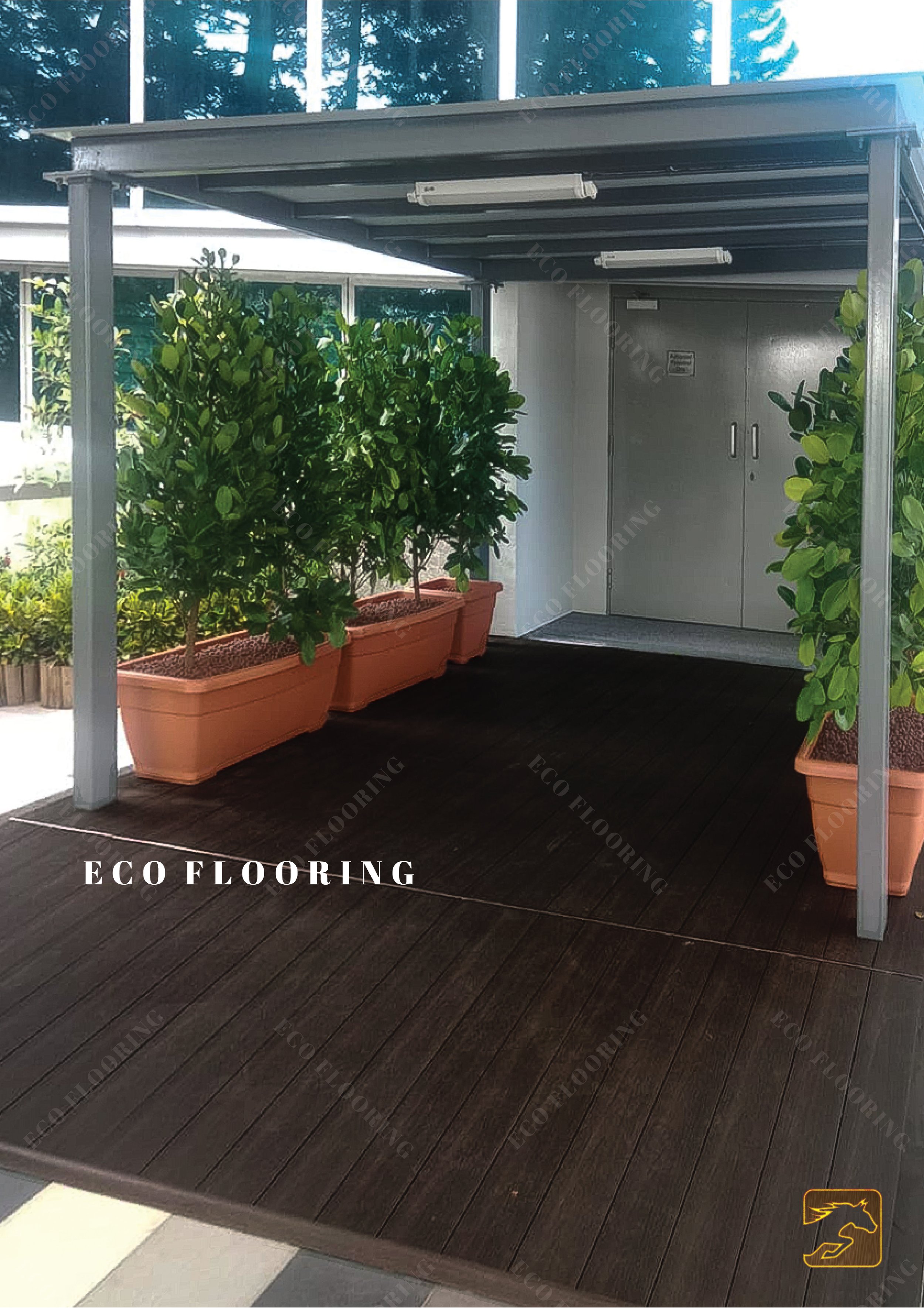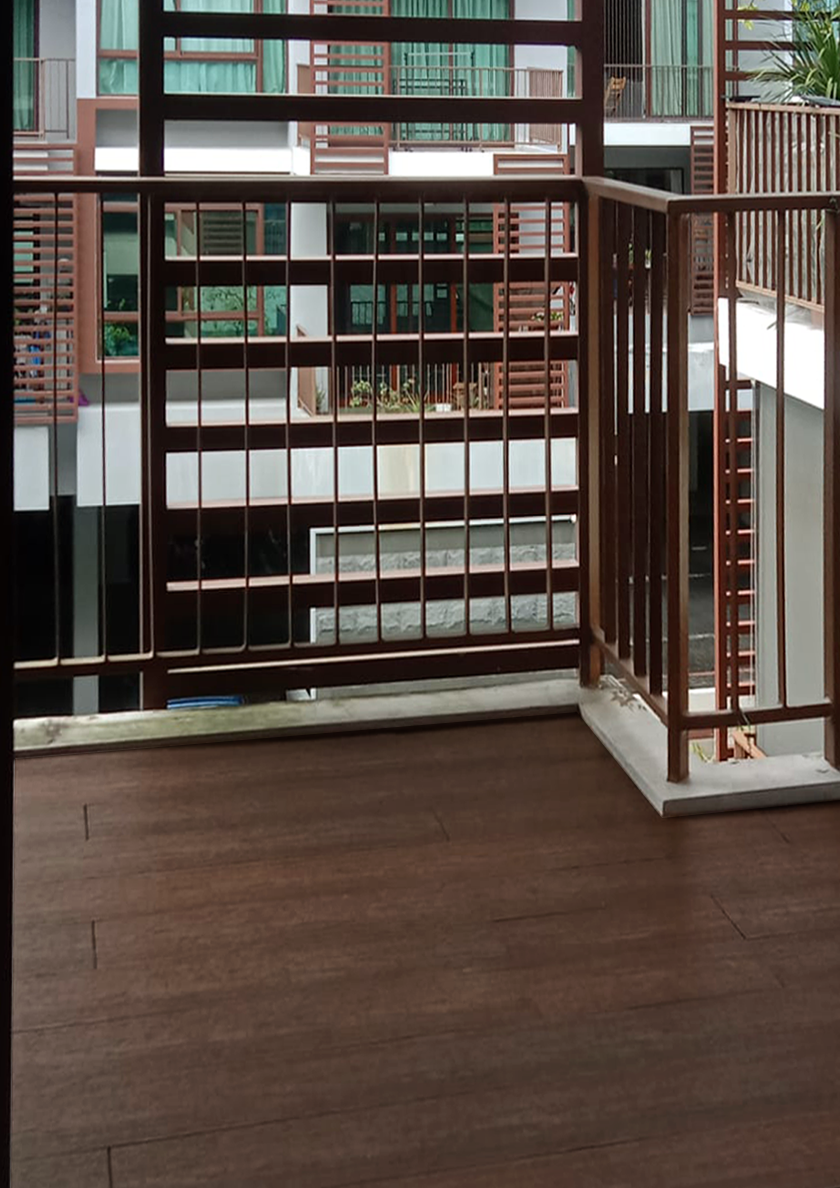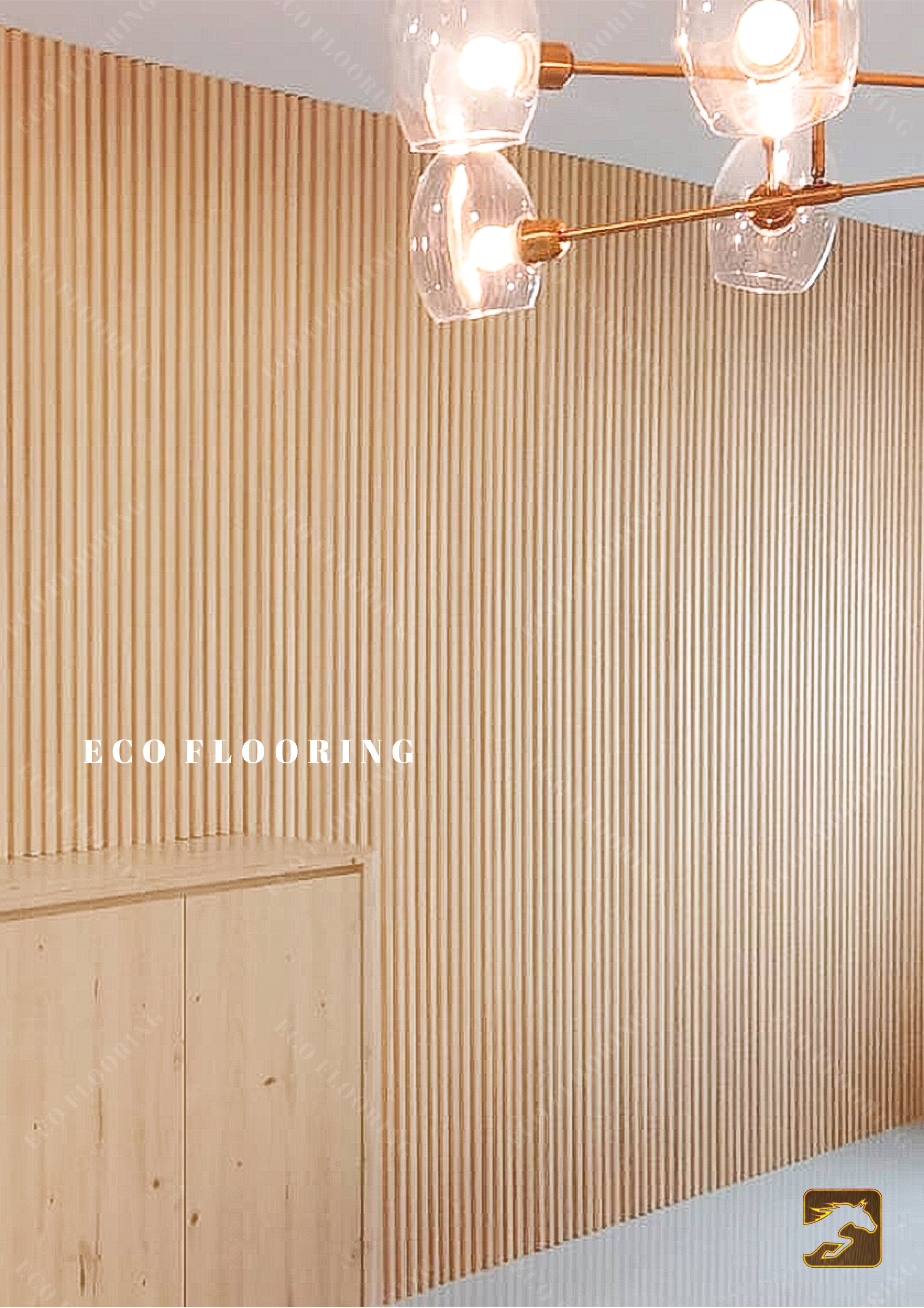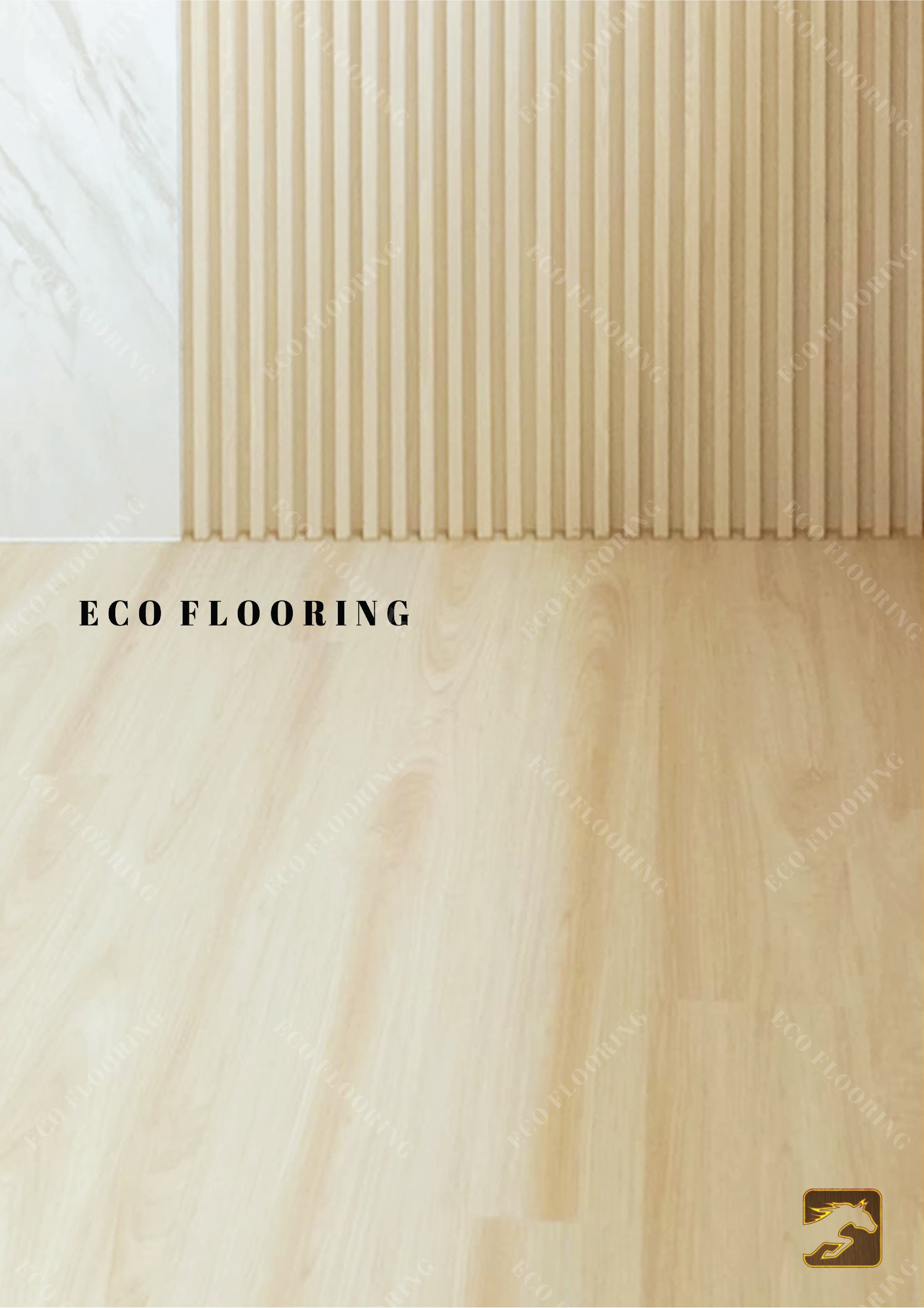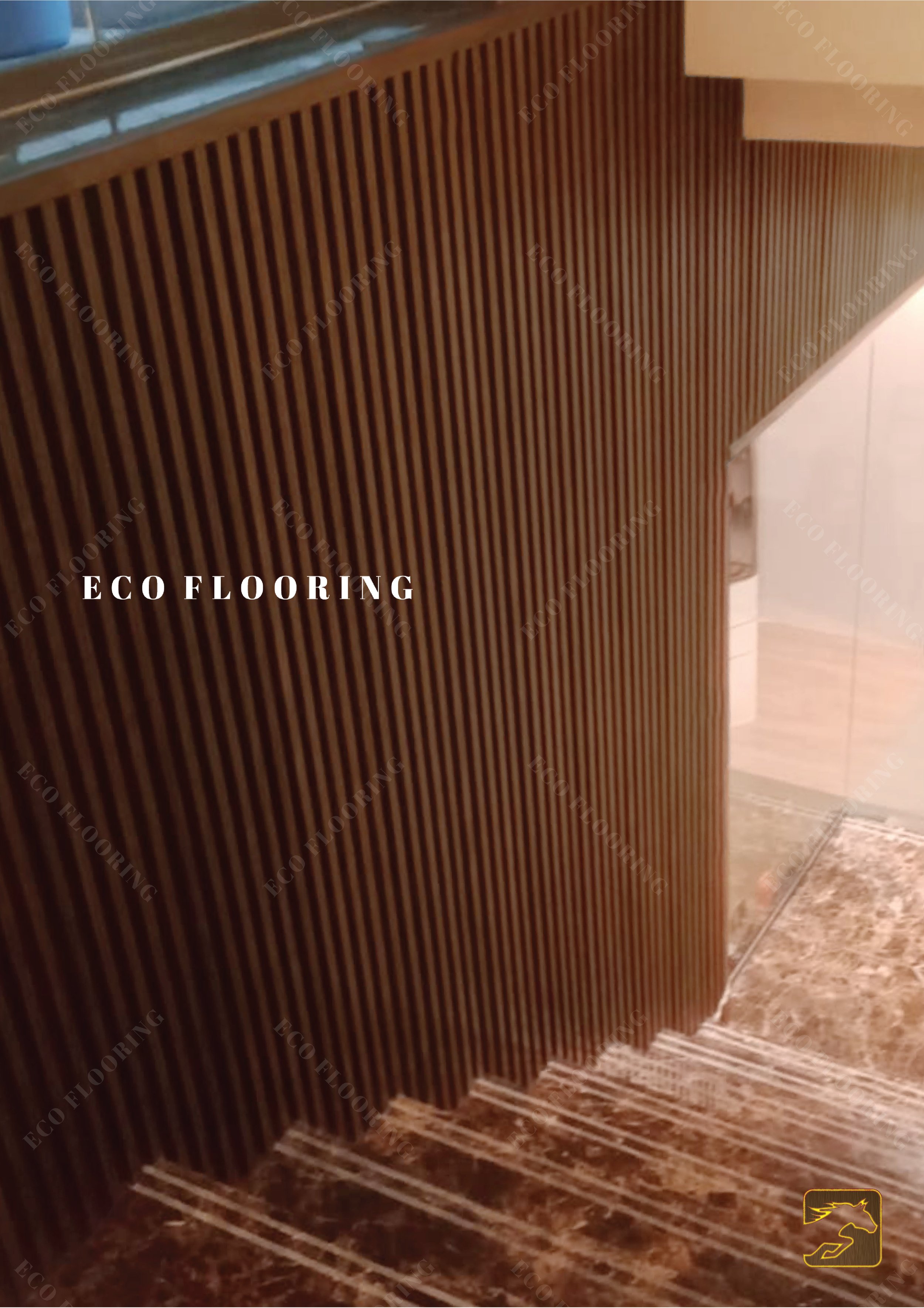In the dynamic landscape of office design, Singapore has emerged as a hub for innovative and contemporary workplace solutions. Among the various elements that contribute to a conducive work environment, flooring plays a pivotal role. Vinyl flooring on fluted panels has gained popularity in Singaporean offices, offering a seamless blend of aesthetics, durability, and functionality.
Aesthetic Appeal:
Vinyl flooring, known for its versatility and visual appeal, brings a touch of sophistication to office spaces. When paired with fluted panels, the combination creates a visually striking effect. Fluted panels, characterized by vertical grooves or channels, add a textured and dimensional aspect to the flooring. The result is an aesthetically pleasing environment that exudes professionalism and style.
The range of colors and patterns available in vinyl flooring allows businesses to customize their office spaces according to their branding or desired ambiance. Whether it's a sleek and modern look or a more traditional and warm atmosphere, vinyl flooring on fluted panels provides a canvas for creative expression in office design.
Durability and Maintenance:
One of the primary advantages of vinyl flooring is its durability. In high-traffic areas like offices, where footfall is constant, a robust flooring solution is essential. Vinyl flooring is resistant to scratches, stains, and water damage, ensuring a long lifespan and minimal maintenance requirements.
Fluted panels, often made from materials like PVC or metal, contribute to the durability of the overall flooring system. The panels provide additional support and stability, making the flooring resilient to heavy furniture and equipment often found in office settings.
Easy maintenance is a key consideration for businesses, and vinyl flooring on fluted panels simplifies this aspect. Regular sweeping and occasional damp mopping are usually sufficient to keep the floor looking pristine. This ease of maintenance contributes to a hygienic and well-maintained work environment.
Functionality and Comfort:
Beyond aesthetics and durability, the combination of vinyl flooring and fluted panels offers functional benefits. The flooring material is known for its acoustic properties, absorbing sound and reducing noise levels in busy office spaces. This is particularly crucial in open-plan offices where minimizing distractions is a priority.
Moreover, vinyl flooring provides a comfortable underfoot experience, which is essential for employees who spend extended hours at their desks. The cushioning effect of vinyl contributes to a more ergonomic workplace, promoting employee well-being and productivity.
Environmental Considerations:
Sustainable and eco-friendly practices are gaining traction in modern office design. Many vinyl flooring options are available with eco-friendly certifications, contributing to a greener workplace. Additionally, fluted panels made from recyclable materials align with sustainability goals, making this flooring solution a responsible choice for environmentally conscious businesses.
Vinyl flooring on fluted panels has become a sought-after solution in Singaporean offices, combining visual appeal, durability, functionality, and environmental consciousness. As businesses continue to prioritize employee well-being and the overall aesthetics of their workspaces, this flooring option proves to be a versatile and practical choice for creating a conducive and stylish office environment.
























